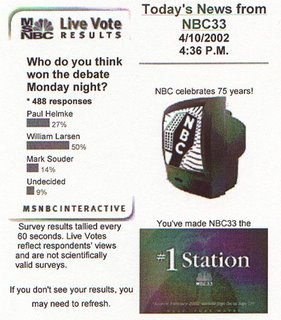Unintended Consequence: Medicare
The objective of Medicare was to help seniors with medical bills. These bills in 1965 were relatively low consisting of office visits, some hospitalization and very minor surgery.
- Prior to 1965 few had any health insurance
- Individuals paid for their own care and rationed it accordingly
- Medicare reimbursed at a 100% rate.
- This created a new market for entrepreneurs to treat and test
- CT scans
- Implants
- Drugs
- Tests
- Surgical Procedures
- This caused doctors to shift costs to other patients not on Medicare.
- Some providers exited the Medicare field.
- Private insurance and companies who received the shifting costs attempted to reduce their exposure by
- Negotiating set fees.
- This again shifted costs to those not covered by Medicare or Insurance.
- This created a pricing tier that different people paid for the same exact service.
- This ever increasing shift costing has caused many to become uninsured.
Medicare began the medical technology revolution while private health insurance added a boost up to 1985 at which time the system began to implode
- We have workers paying 2.9% of wages to Medicare and benefit not one cent from it.
- Workers are competing for healthcare with Medicare beneficiaries funded with workers money. Demand causes prices to increase
- As we get older, the amount we spend on health care goes up. As the birthrate dropped and reached zero population growth, the average age of the US population will increase from 42 to about 46.
- Therefore, health care costs will increase faster than inflation until the average age of the population stabilizes. In simple terms, health care costs are increasing at inflation rates for each age bracket of the economy. However, because the bubble of the aging is moving into ever higher cost years, overall health care increases far faster than inflation.
- Because health care is not prefunded, but later the cost is even higher.
While trying to assist a few seniors, we have created a technological marvel of a health care system that we simply cannot afford. We used the potential savings of 40 cohorts to create this, but they have no resources with which to take advantage of it.



0 Comments:
Post a Comment
<< Home